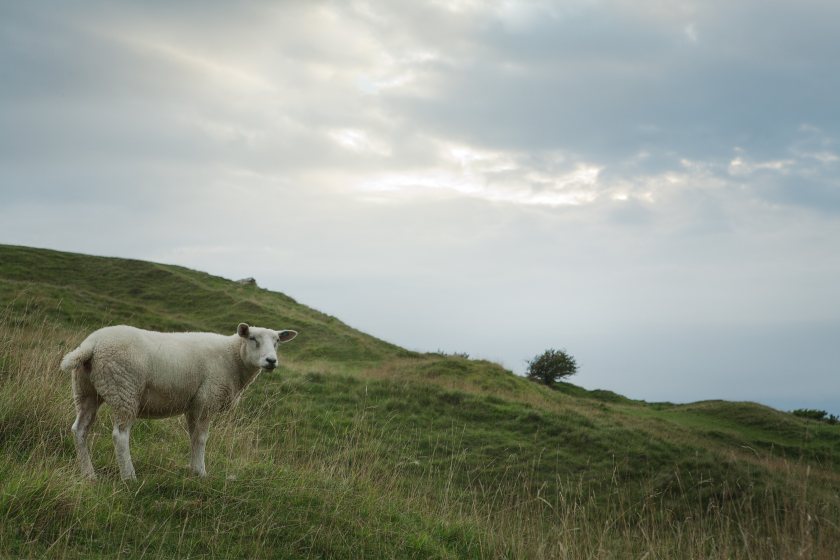
The government's bluetongue 'restricted zone' has now been extended to cover parts of Greater London and Kent as the virus continues to spread.
Further cases of bluetongue virus 'BTV-3' was detected in livestock in Essex and in Norfolk on Friday (13 September), Defra said in its latest update on the situation.
Following the new cases, the restricted zone, initially set up to cover Norfolk and Suffolk, and then extended to Essex, will now be in parts of eastern Greater London and Kent.
According to the latest figures, a total of 50 farms have been affected by bluetongue following confirmation of this summer's first case, in late August.
A total of six counties across England - East Yorkshire, Norfolk, Suffolk, Essex, Lincolnshire and now Kent - have recorded BTV-3 cases.
While parts of eastern Greater London are now in the restricted zone, it has yet to confirm an outbreak.
The restricted zone means livestock keepers must follow tougher restrictions on animal and germinal product movements.
All infected premises are under restriction and susceptible animals can only be moved under licence from them.
Essential moves of susceptible animals can take place without a licence within the restricted zone but cannot be moved out of the zone without a specific licence.
A general licence to move animals to designated abattoirs is also available.
It follows confirmation of the disease in a single sheep on a farm in Norfolk in late August, which made it the first UK bluetongue case this summer.
Before this, in November 2023, government vets identified the first case of the disease in Britain since 2007.
The worsening situation follows the government's decision to permit the use of three bluetongue vaccines to curb infections.
The vaccines are suppressive, meaning they will reduce some of the clinical signs experienced by animals with the disease, but they do not prevent infection.
Bluetongue is a non-contagious, viral disease affecting domestic and wild ruminants, transmitted by biting midges.
It does not affect people or food safety, but outbreaks can result in prolonged animal movement and trade restrictions.
BTV is a notifiable disease. Suspicion of it in animals in England must be reported to the Animal and Plant Health Agency on 03000 200 301.
